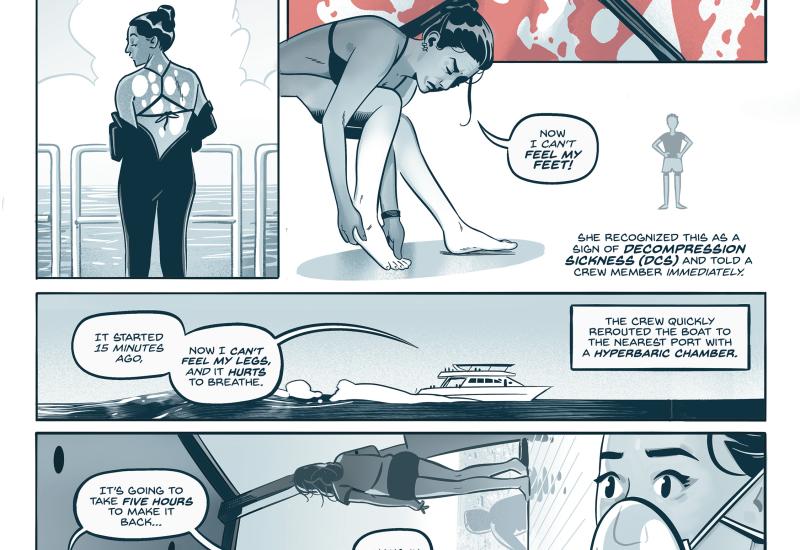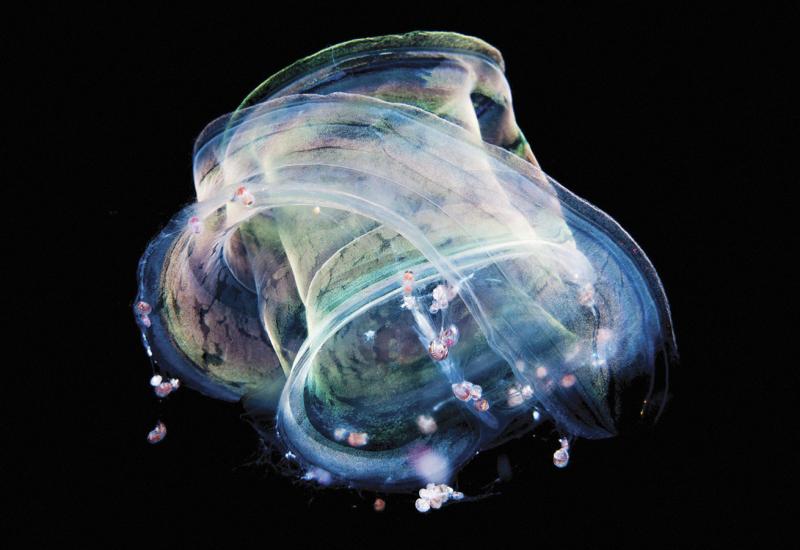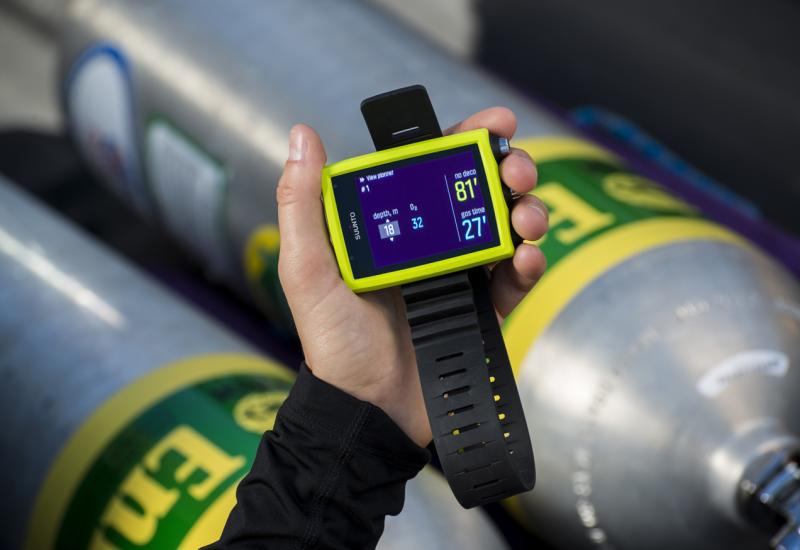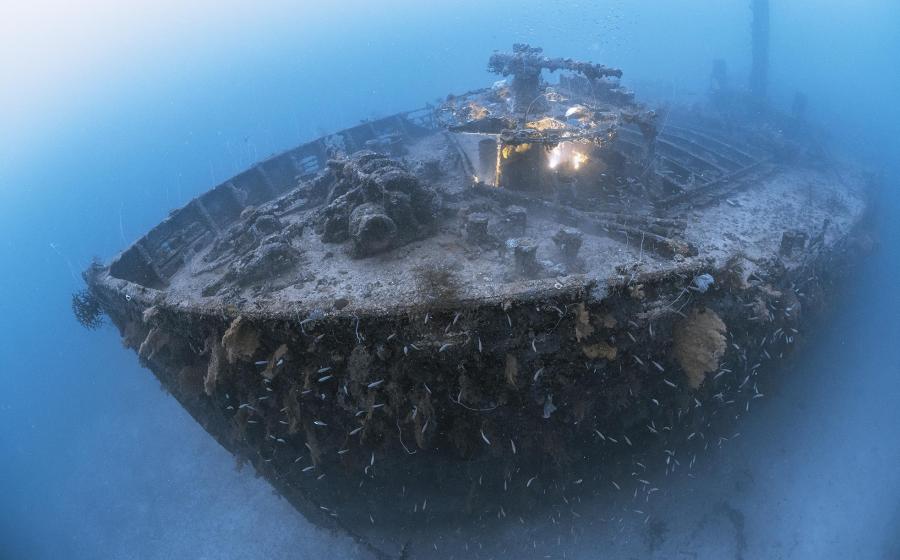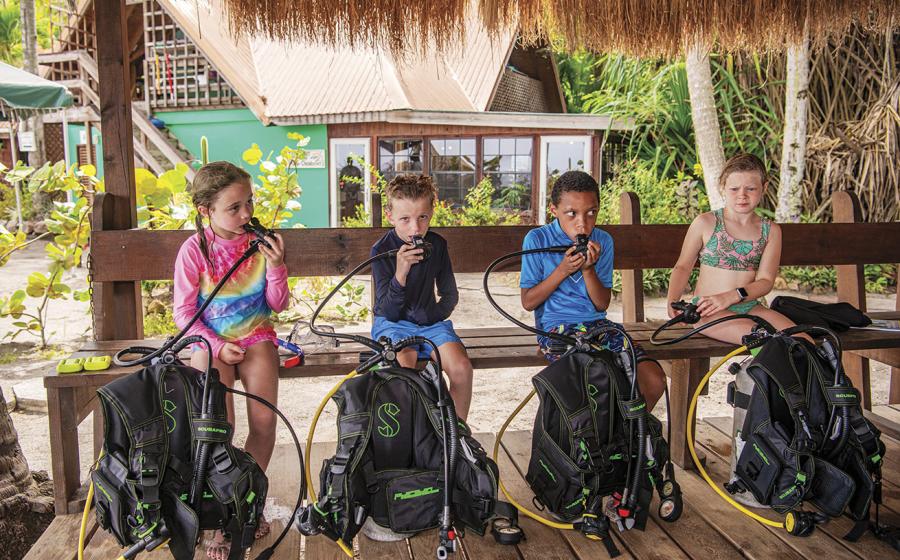What Happens if You Miss a Decompression Stop?

Steven P. Hughes
Denise was leading a dive when one of the divers in her group signaled that he was having trouble. She immediately went over to help. When she got to the surface a few minutes later, her dive computer gave her error messages and was locked out. It showed she had missed part of a decompression stop.
The Diver
Denise was a 24-year-old dive instructor working on a liveaboard near a remote set of islands. She had recreational and technical diving instructor certifications.
The Dive
The water was cool with some currents where they were diving, along with some surface chop. Denise was leading a group on a tour. Many of the divers planned to make decompression stops at the end.
Denise saw a diver struggling during his ascent and went to help. Once everything was under control, they surfaced
The Incident
It was only after the divers were on board that Denise noticed her dive computer was locked out. She hadn’t missed her final deco stop entirely but had skipped part of it. Denise reported the situation to the boat captain. She wasn’t feeling any symptoms of decompression sickness (DCS) but was nervous considering their distance from definitive medical care.
Related Reading: How Scuba Diving Affects Your Breathing
The crew put Denise on high-flow emergency oxygen first aid for an hour and had her rest and hydrate. Following, the captain performed a field neurological assessment on her to see if there were any symptoms. Denise said she felt a tingling in her chest, but that was it.
After consulting an onshore doctor, the team determined it would not be necessary to evacuate Denise. Instead, she would be watched closely for 24 hours and reevaluated several times.
Analysis
DCS happens when nitrogen builds up in the body during ascent, possibly causing symptoms like numbness, tingling,weakness or unsteadiness. These indicate the nervous system is affected.
Divers making technical decompression dives add extra stops during their final ascent so nitrogen can leave the body before it causes problems. Recreational divers should never plan a dive involving a mandatory decompression stop as it is outside of their training.
A safety stop is not a mandatory decompression stop, though you should also avoid skipping one outside of an emergency. It serves the same purpose of off-gassing nitrogen, adding an extra margin of safety. But if you have a problem and omit a safety stop, it is not the same as omitting a deco stop.
Any time you have omitted decompression, it elevates your risk of DCS. For Denise, there were no immediate symptoms, and none appeared during subsequent examinations. She was able to return to diving without incident.
Related Reading: The Risks of Task Overloading While Diving
There are protocols for in-water recompression for certain situations, but they require additional staff and equipment as well as the correct ocean conditions. In most cases, oxygen first aid is the recommended treatment, followed by evacuation if necessary.
When administering oxygen, deliver as close to 100 percent oxygen as possible. It is ideal to use an on-demand oxygen system with a snug-fitting mask.
Lessons for Life
Know the signs and symptoms of DCS. Know what to look out for in yourself or a buddy after a dive in case something feels off and you need to talk to a medical professional.
Learn to administer oxygen and first aid. Take the PADI Emergency Oxygen Provider course and only book with dive operators that carry first-aid and oxygen kits.
Don’t push the limits. Monitor your no-decompression limit to avoid deco if you are not trained for decompression diving.

